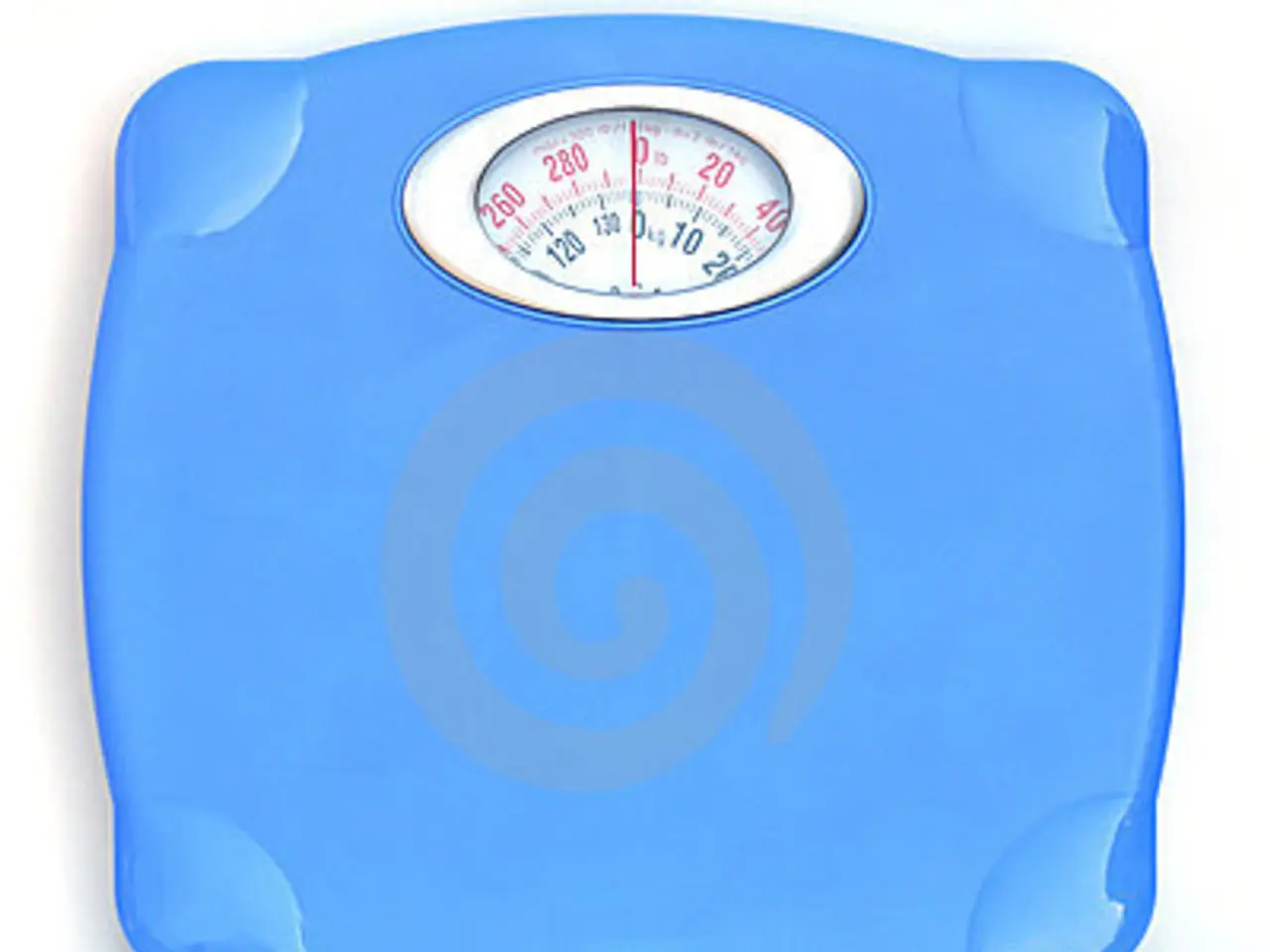Kidney Removal and Subsequent Weight Loss: Exploring Medical Aids and Remedies
People who undergo kidney removal surgery, also known as nephrectomy, may experience weight changes. While it's common for individuals to gain weight due to an increased caloric intake during recovery, not moving enough can also lead to weight gain [1][2]. However, unintentional weight loss is also a concern for some patients.
Several factors contribute to weight loss after nephrectomy. The physical impact of surgery can reduce appetite and increase metabolic demands, leading to weight loss [1]. Nutritional problems and side effects, such as diarrhea, can negatively affect a patient's physical condition and quality of life [3]. Underlying cancer or comorbid conditions, like metastatic renal cell carcinoma (mRCC), may cause weight loss due to the disease itself or its systemic effects [3][5]. Changes in kidney function, while not directly linked to sustained weight loss, may contribute indirectly through metabolic alterations [1].
Preventing weight loss after nephrectomy requires a proactive approach. Nutritional support and monitoring are crucial, with early and ongoing assessment of nutritional status being vital [4]. Dietitians can tailor nutrition plans to patient needs, aiming to maintain adequate calorie and protein intake to support recovery and muscle maintenance [4]. Managing side effects like diarrhea proactively can improve nutrient absorption and quality of life [3].
A balanced, kidney-friendly diet emphasizes nutrient-rich foods, including fruits, vegetables, whole grains, and lean proteins, while managing intake of salt and fluids as advised by healthcare providers [2][4]. Gradual resumption of physical activity, such as walking or light exercise, can help maintain muscle mass and appetite [4]. Regular medical follow-up can help detect complications early that may contribute to weight loss [1].
If someone is experiencing unintentional weight loss after kidney surgery, they should consult a doctor about their loss of appetite or inability to keep weight on. A person's healthcare team will help create a tailored post-operative treatment plan.
It's essential to note that after kidney surgery, a person may have problems with their blood pressure. Generally, individuals can return to work within 2 to 4 weeks of surgery, though if their work involves heavy lifting, they may have to wait 6 weeks. However, the time frame can vary [6].
In conclusion, a multidisciplinary approach combining medical care, nutritional intervention, and symptom management is necessary to address unintentional weight loss after nephrectomy and improve outcomes and quality of life. By following dietary tips from their doctor, such as eating regular meals three or more times a day, eating a balanced, nutritious diet including fruit and vegetables, and consuming plenty of liquids, individuals can help prevent weight loss after kidney surgery [7].
Read also:
- Hospital's Enhancement of Outpatient Services Alleviates Emergency Department Strain
- Increased Chikungunya infections in UK travelers prompt mosquito bite caution
- Kazakhstan's Deputy Prime Minister holds discussions on the prevailing circumstances in Almaty
- Monitoring Mosquito-Carried Ailments like West Nile Virus, Chikungunya, and Dengue Fever Throughout Europe





